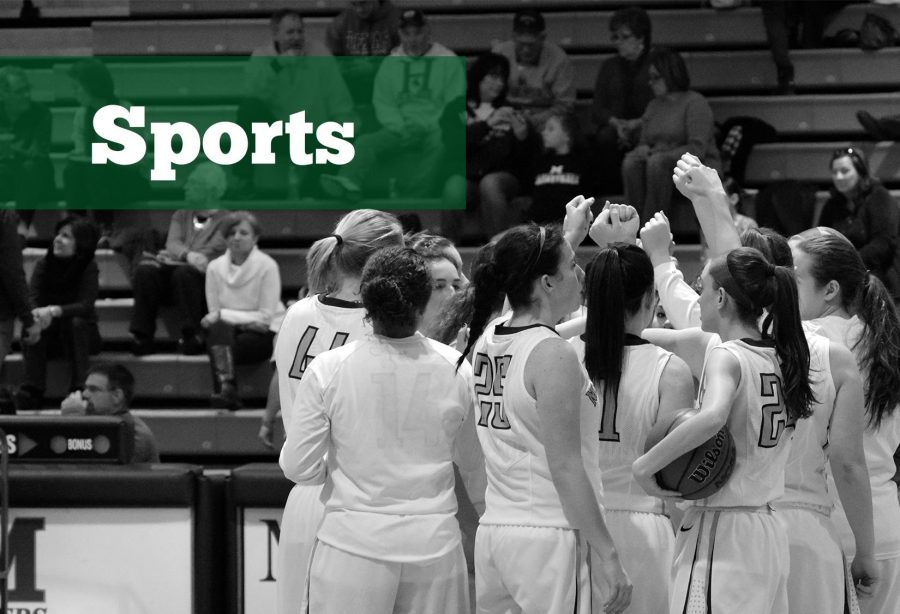COMMENTARY: The European Super League shows the power of sports fans
April 28, 2021
When 12 European soccer clubs sought out to form the European Super League (ESL), it was clear to fans that greed was a driving force behind its establishment.
The ESL consisted of the wealthiest clubs in Europe including, Manchester United, Manchester City, Arsenal, Chelsea, Liverpool, Tottenham Hotspur, F.C. Barcelona, Real Madrid, Atletico Madrid, A.C. Milan, Inter Milan and Juventus.
Since these clubs are already financially dominant figures in European soccer, the formation of the ESL would have practically destroyed clubs that are not as financially secure. Fans certainly took notice of this issue.
Fans immediately expressed their outrage over the ESL during protests and called for boycotts. Due to the disgust of fans, FIFA and UEFA took steps to stop the ESL.
For clubs that joined the ESL, FIFA and UEFA threatened to prevent the clubs from participating in their home leagues. Additionally, the clubs would have their titles and trophies taken away. Finally, players who participated in the ESL would be banned from playing in the World Cup.
These punishments clearly meant a lot to the players and clubs. They knew that they could not play in the ESL if it meant losing this much.
The ESL lasted about two days due to outrage from players, coaches, analysts and most importantly, supporters of the clubs involved. The most vocal and rabid supporters were from the clubs from the English Premier League.
Crowds of fans gathered outside the stadiums of Chelsea and Arsenal and chanted for hours in the hopes of having their voices heard. In addition to this, social media was buzzing like nothing seen before with protests and anger.
Chelsea and Manchester City were the first two clubs to make this big move out of the ESL. More clubs began to follow almost immediately after. When the clubs started to leave the ESL, fans took the streets chanting, “We saved football” in celebration.
The players will be allowed to participate in the World Cup, and no one will lose their accolades. Most importantly, these clubs can now continue to keep the beautiful game great and continue with legacies that can last forever.
The biggest takeaway from the failed creation of the ESL is the power of fans. Supporters of European soccer had the loudest voices in the debate over the ESL. They did not want to see their favorite sport ruined by the greed of club owners and other billionaires. They wanted to continue with the traditions that generations have experienced. They would not lose their game.
Contact the writer: [email protected]





